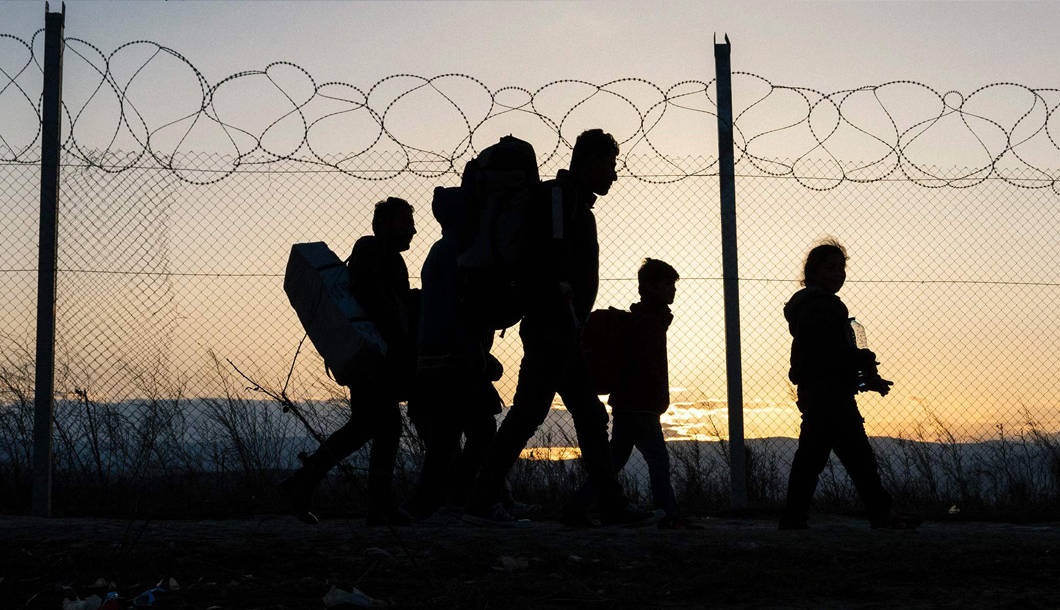Across the world, refugee populations face a lack of behavioral health interventions. With no prior studies addressing the importance of such practices in primary care, the Center for Victims of Torture (CVT), a US-based organization, initiated a first of its kind study on the issue.
The study, released online in BMC Family Practice, focused on Karen refugees of Sino-Tibetan speaking ethnicity and the effects of providing mental health interventions in primary care for treating depressive traits.
“Despite an unparalleled global refugee crisis, there are almost no studies in primary care addressing real-world conditions and longer courses of treatment that are typical when resettled refugees present to their physician with critical psychosocial needs and complex symptoms,” the study says. “We studied the effects of a year of psychotherapy and case management in a primary care setting on common symptoms and functioning for Karen refugees (a newly arrived population in St Paul, Minnesota) with depression.”
As part of the study, the research team initiated a randomized control trial in two primary care clinics in Minnesota, examining populations of Karen refugee patients.
For the participants, sessions of psychotherapy aimed to alleviate symptoms by improving coping skills and establishing a more comprehensive understanding of their condition.
A total of 214 participants aged 18 to 65 received one year of either intensive psychotherapy and case management (IPCM) or care-as-usual (CAU). Social functioning, PTSD symptoms, and affective traits, like depression and anxiety, were measured for changes at baseline, 3, 6, and 12 months.
By the end of the study, CVT researchers noticed drastic improvements in symptoms of depression, anxiety, and PTSD, compared to CAU patients, who did not exhibit any diminution.
“Statistically significant changes in social functioning outcomes were observed between groups, and the mean differences were large for basic needs/safety and cultural adjustment outcomes. Mean differences between groups for immigration stability, employment, social support and community engagement outcomes were moderate,” the findings concluded.
The results indicate refugees could establish clinical efficacy from IPCM if implemented in primary care for treating mental health adversities, presumably triggered by extreme violence, war, and torture.


